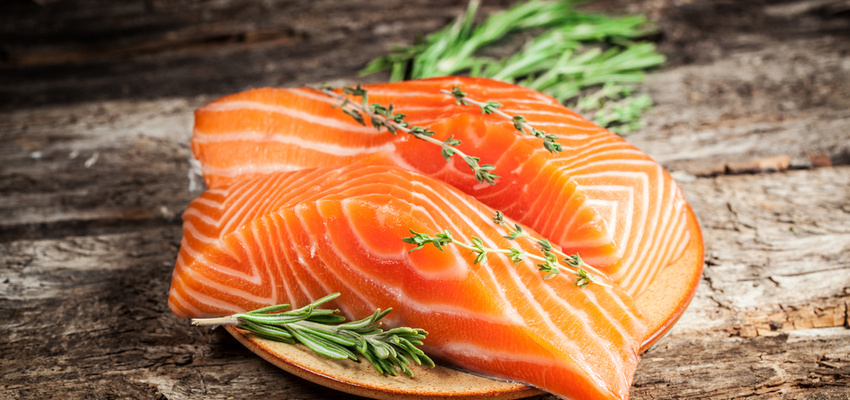Why Eating Fish Is Even More Dangerous Than You Thought

Bad news for seafood lovers: fish isn't quite as healthy as we've been led to believe. If you eat fish regularly, chances are you're getting too much mercury and too few omega-3s. That's the conclusion of a report released today from the Environmental Working Group.
While US Dietary Guidelines encourage Americans to eat up to 12 ounces of a seafood (about three servings) a week, the EWG has discovered that this may be dangerously high for some people.
EWG’s analysis of mercury and omega-3 concentrations in seafood finds that 10 of the most popular seafoods in the American market would pose an unacceptable mercury risk to an average-weight pregnant woman who ate amount recommended by the government each week. Since safe mercury levels are based on body weight, lighter women are at greater risk from mercury in seafood.
And for folks eating fish because they're hoping to get their omega-3 fats, which have been shown to lower cardiac risks, and boost infant brain development, there's more grim news. The EWG concluded that many people won't benefit as much as they hope, because 8 of the 10 most popular types of seafood, including shrimp and catfish, rank low for healthy omega-3 fats.
EWG investigated mercury contamination and beneficial omega-3 levels in seafood in order to identify species that offer the greatest health benefit and lowest mercury risk.
If you're going to eat fish, the EWG recommends the following:
- Anchovies
- Herring
- Mussels
- Salmon
- Sardines
- Shad
- Trout
Avoid these fish, which have the highest levels of mercury and the lowest levels of Omega 3s.
- Canned Albacore Tuna
- Halibut
- King Mackerel
- Sea bass
- Shark
- Spanish and Atlantic Mackerel
- Swordfish
- Tilefish
- Tuna Steaks
